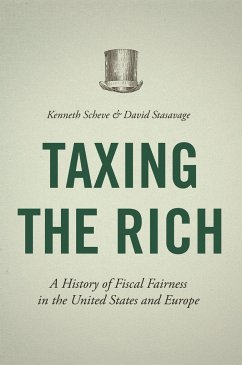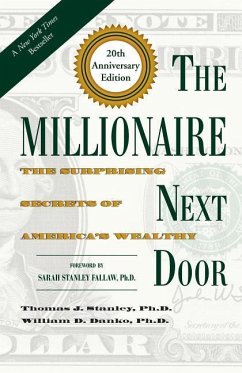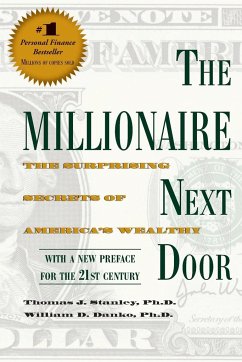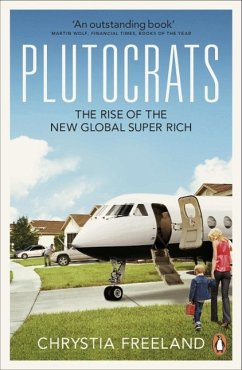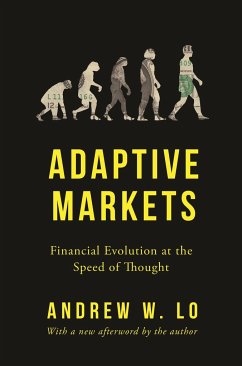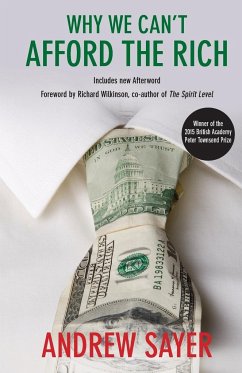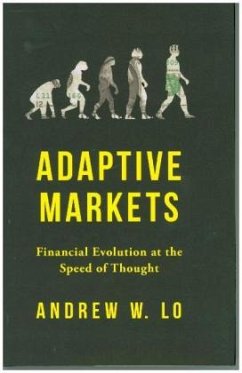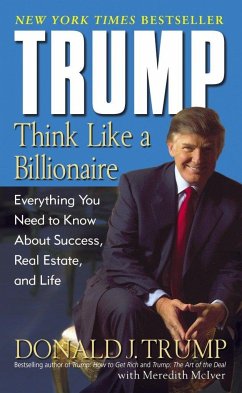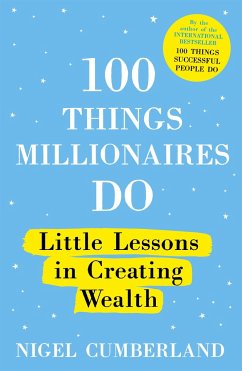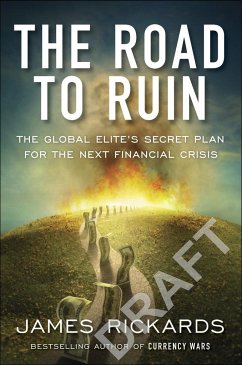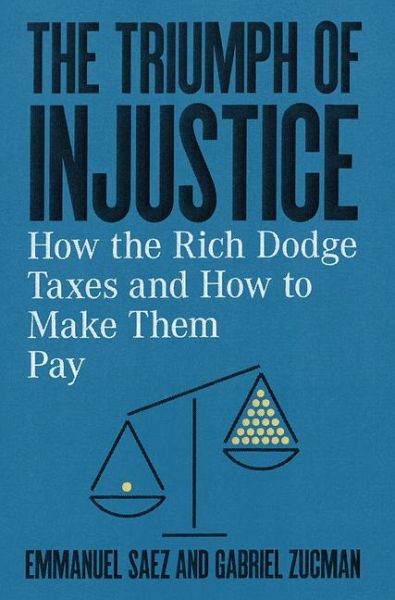
Emmanuel Saez (Berkeley University of California)Gabriel Zucman (Berkeley University of California)
Gebundenes Buch
The Triumph of Injustice
How the Rich Dodge Taxes and How to Make Them Pay
Versandkostenfrei!
Versandfertig in 2-4 Wochen

PAYBACK Punkte
16 °P sammeln!




A searing examination of a key driver of American inequalityâ the tax system.
Emmanuel Saez is professor of economics and director of the Center for Equitable Growth at the University of California, Berkeley. His research focuses on tax policy and inequality from both theoretical and empirical perspectives. With Thomas Piketty, he has constructed long-run historical series of income inequality in the United States that have been widely discussed in public debate. He received his PhD in economics from MIT in 1999. He was awarded the John Bates Clark Medal of the American Economic Association in 2009 and a MacArthur Fellowship in 2010.
Produktdetails
- Verlag: Norton
- Artikelnr. des Verlages: 340272
- Seitenzahl: 232
- Erscheinungstermin: 15. Oktober 2019
- Englisch
- Abmessung: 238mm x 162mm x 27mm
- Gewicht: 476g
- ISBN-13: 9781324002727
- ISBN-10: 1324002727
- Artikelnr.: 56875835
Herstellerkennzeichnung
Libri GmbH
Europaallee 1
36244 Bad Hersfeld
gpsr@libri.de
Für dieses Produkt wurde noch keine Bewertung abgegeben. Wir würden uns sehr freuen, wenn du die erste Bewertung schreibst!
Eine Bewertung schreiben
Eine Bewertung schreiben
Andere Kunden interessierten sich für


